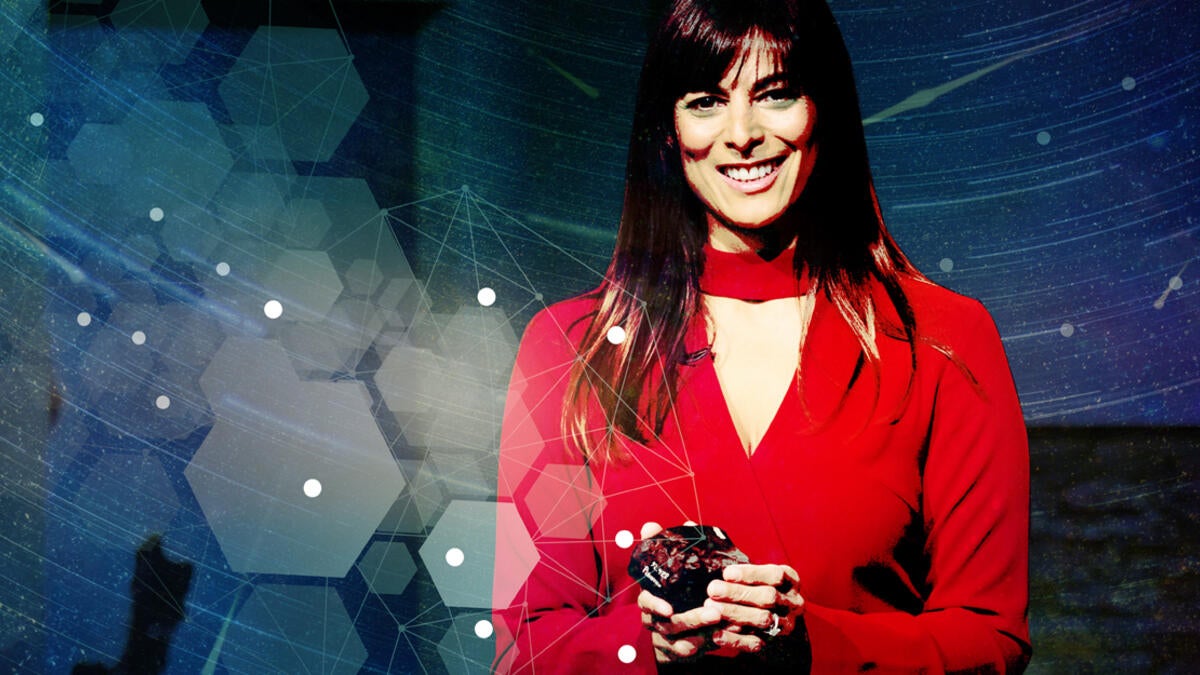Gazing at the night sky conjures deep questions about the universe. Meenakshi Wadhwa, professor at the School of Earth and Space Exploration and director of the Center for Meteorite Studies at Arizona State University, invites us to look at the planetary "Rosetta stones" right here on Earth that can give us answers.
Growing up near the foothills of the Himalayas in India, Wadhwa dreamed of becoming a geologist. But as she kept asking bigger and better questions, first as a bachelor’s student in India and then a graduate student in the U.S., it became clear: She didn’t just want to be a geologist; she wanted to become a space geologist, studying meteorites to uncover the mystery of the origins of the Earth.
In her KEDtalk, Wadhwa takes us on her journey of uncovering her purpose, starting as a curious 8-year-old worried about the Earth running out of oxygen to measuring the age of the solar system to near accuracy.
Wadhwa's talk is part of the ASU KEDtalks series. Short for Knowledge Enterprise Development talks, KEDtalks aim to spark ideas, indulge curiosity, and inspire action by highlighting ASU scientists, humanists, social scientists and artists who are driven to find solutions to the universe’s grandest challenges. Tune in monthly to research.asu.edu/kedtalks to discover how the next educational revolution will come about, whether space is the next economic frontier and more.
More Science and technology

ASU professor breeds new tomato variety, the 'Desert Dew'
In an era defined by climate volatility and resource scarcity, researchers are developing crops that can survive — and thrive — under pressure.One such innovation is the newly released tomato variety…

Science meets play: ASU researcher makes developmental science hands-on for families
On a Friday morning at the Edna Vihel Arts Center in Tempe, toddlers dip paint brushes into bright colors, decorating paper fish. Nearby, children chase bubbles and move to music, while…

ASU water polo player defends the goal — and our data
Marie Rudasics is the last line of defense.Six players advance across the pool with a single objective in mind: making sure that yellow hydrogrip ball finds its way into the net. Rudasics, goalkeeper…


